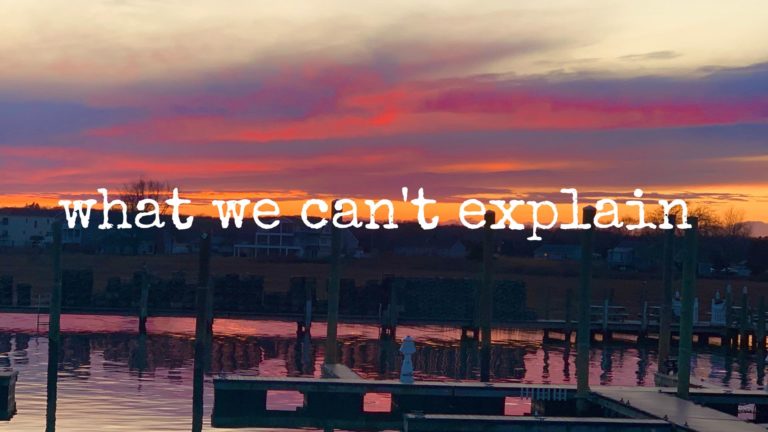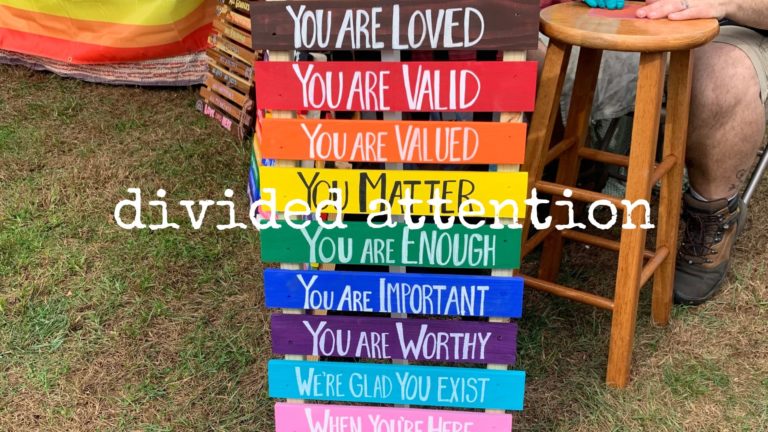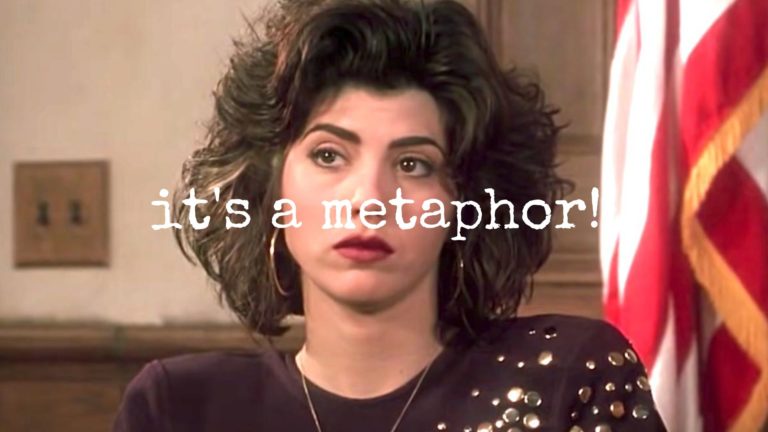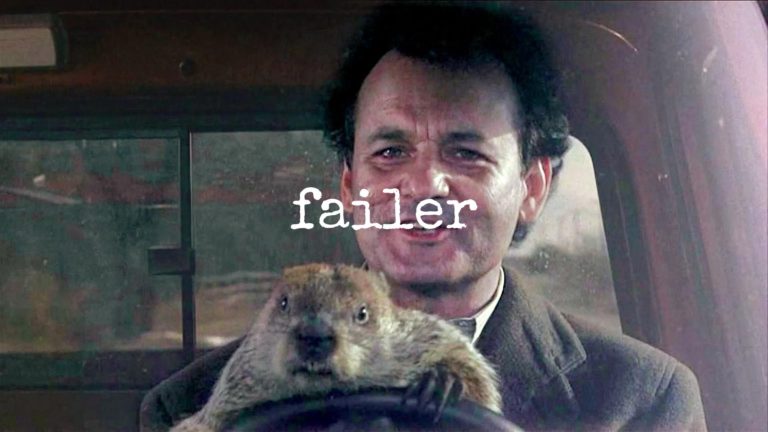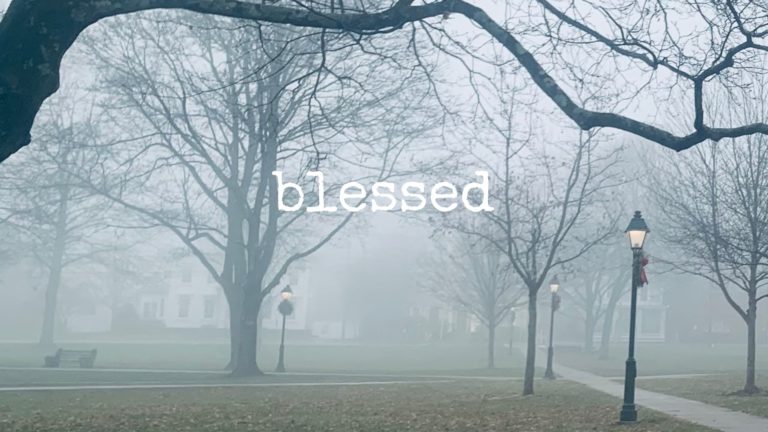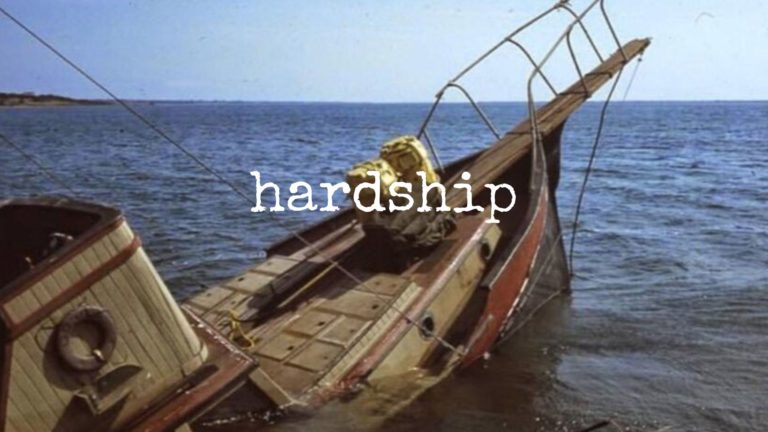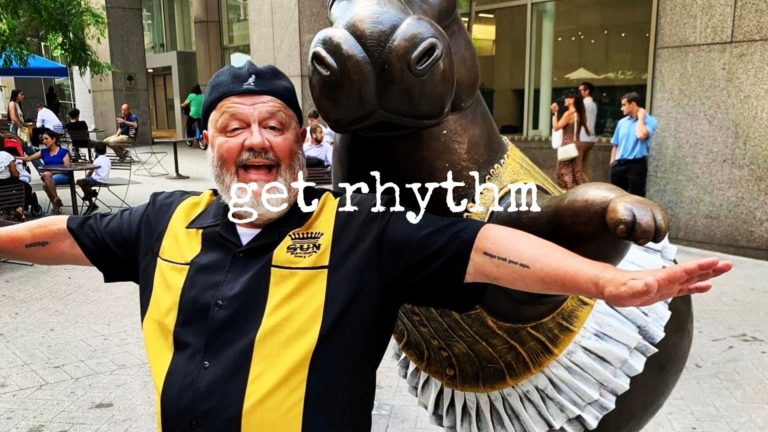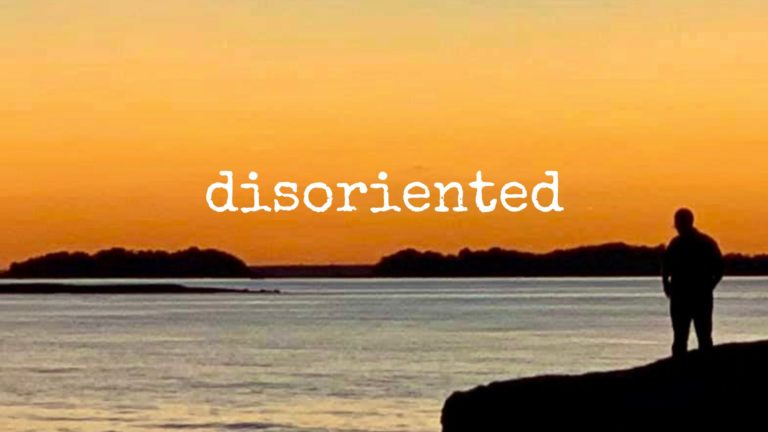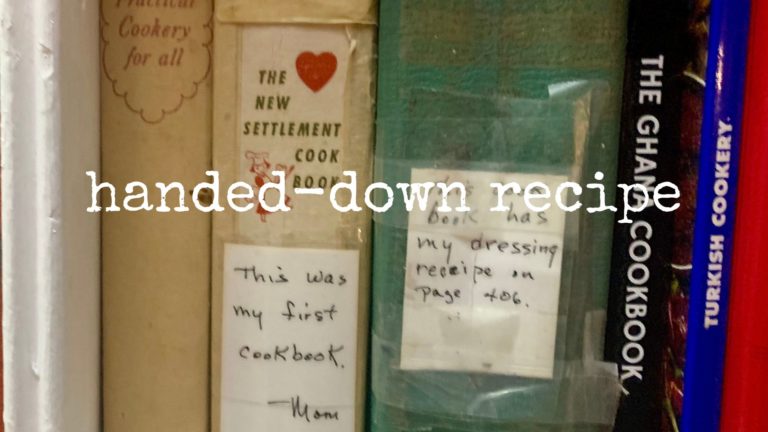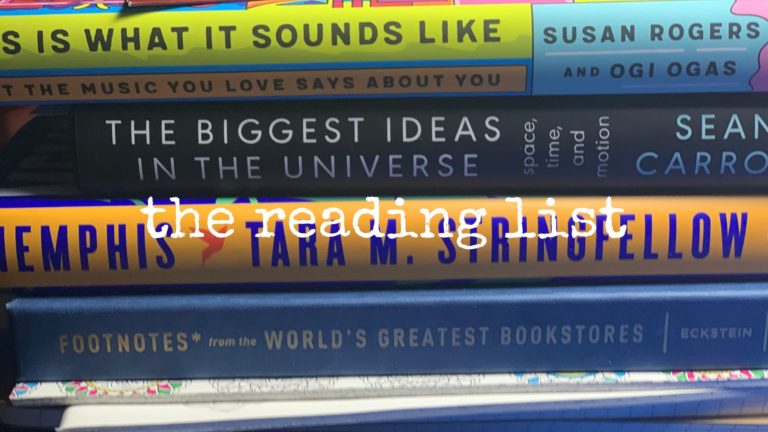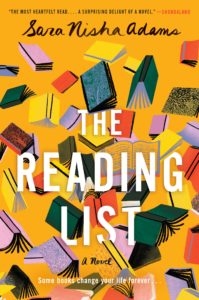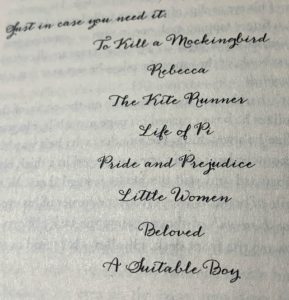Recent church tradition names this Sunday—the last Sunday of Epiphany before Lent begins—as Transfiguration Sunday, which means the Gospel reading for the day in most mainline churches is the story of Jesus transformation in front of Peter, James, and John, which we just read together. The story shows up In Matthew, Mark, and Luke, each offering a few different details, and all of them telling of events that are hard to fathom. Transfiguration is an old word, and not one we use much, which makes the account even stranger. Let’s look again at what happened.
Jesus took the three disciples to the top of a hill or a mountain and, while they were up there, Jesus’ appearance became excessively brilliant–almost overbearingly bright–and Peter, James, and John saw Moses and Elijah talking with Jesus in the midst of the brilliance.
Peter’s first response was to build shelters to capture the moment, or perhaps to stretch the moment into something longer; if the story were contemporary, Peter would have been posting to his Instagram account. But he was interrupted by a cloudy presence that overshadowed everyone and a voice said the same thing Jesus heard at his baptism: “This is my beloved son in whom I delight.”
Matthew says the disciples were frightened. Luke and Mark say the disciples were awe-struck; the Greek word can be translated either way. Jesus told them not to be afraid, and when they looked up, it was just the four of them again, on the top of a hill in Galilee.
As many times as I have read this story, I am never sure what to do with it. This past week, a question kept coming to mind: What do we do with things we can’t explain?
When it comes to comedy, we are told a joke isn’t funny if you have to explain it. Perhaps that is also true of experiences of awe and wonder.
Many years ago, I was listening to A Prairie Home Companion and Garrison Keillor told a joke that has remained one of my favorites.
Two penguins are standing on an iceberg.
One penguin says to the other, “You look like you’re wearing a tuxedo.”
The other penguin replies, “Who says I’m not?”
I can’t explain why it’s so funny to me, and, if it is not funny to you, my explanation wouldn’t help.
Late in the afternoon Monday I was running errands when I realized it was almost sunset. I called Ginger at home and told her to meet me in the driveway and we went down to the marina in Guilford in time to see the sky melt into pinks and purples and oranges as the sun dropped below the horizon. We did little else but sit there and talk to a couple of others who had stopped for the same reason.
Again, I can’t explain why we were moved by the way the fading light hit the clouds, and again, my explanation wouldn’t help convey how it felt to be there. Instead of breaking the sunset down into its component parts, the power of the moment was in the way our hearts expanded as the day drew to a close, and the sense of appropriate insignificance–the awe–we felt alongside of the shoreline and the sunset.
As people of faith, we are called again and again to trust what we can’t explain–that’s what faith is: trust, even when we don’t completely understand. That is not to say we are to accept things without question, or that the stories shouldn’t be examined. Sometimes we come to these stories from a more analytical perspective, just as a scientist might approach a sunset as a way of understanding the properties of light; those moments matter.
And sometimes we are given the gift of living with moments we can’t explain—the chance to engage life without the comfort of an explanation or a definition. The two are not mutually exclusive or necessarily opposites. They can both be avenues to deeper understanding. The latter, however, carries the reminder that life is not easily explained.
Our passage today begins with the words “six days later,” which lets us know we’re in the middle of the story. What happened earlier in the week was Jesus said, “All who want to come after me must say no to themselves, take up their cross, and follow me. All who want to save their lives will lose them. But all who lose their lives because of me will find them. Why would people gain the whole world but lose their lives? What will people give in exchange for their lives?”
After thinking about Jesus glowing on the mountain and the sunset on the marina, I heard something I had not before in his words, “All who lose their lives because of me will find them.” That reminded me to the closing line of one of my favorite hymns, “Love Divine, All Loves Excelling,” which says, “Lost in wonder, love, and praise.”
We often connect Jesus’ words about losing our lives to find them with ideas of calling and compassion–and those are good connections–and six days after he said that, he and three of his disciples were lost in a transcendent moment on a mountain. It was not an experience that reached a multitude like the feeding of the five thousand, or a healing that restored health to someone who was in despair over their physical condition. We don’t really know the point of the whole thing–why Moses and Elijah showed up, or why only Peter, James, and John were there–because, well, Jesus doesn’t explain it. All we hear is the voice from the cloud expressing love and delight.
We can’t explain what happened on that mountain with Jesus and the disciples. Peter, James, and John got to be there because they trusted Jesus and followed him up the hillside where they stumbled into a moment where they lost themselves in wonder, love, and praise. We may not see Moses or Elijah, but we live in a world–in a universe–that offers us opportunities to find ourselves by getting lost in wonder.
Dacher Keltner is a scientist who studies awe. In a recent interview, he talked about the role awe played in the grief that followed his brother’s death from colon cancer. He realized, he said, that he need more new in his life, more reminders of the transcendence and connection. He said,
For me, the awe practice in the grief was . . . to go out and do a walk and look for things that amazed [me], big and small. And you can do that. I gathered up a lot of sacred texts to stay close to. I went to “awe spots.” I don’t know much about music, but I intentionally went into music to find what is awe-inspiring about it. So, I made it a practice in life like a lot of people do, . . . like religion or spirituality. And it changed my life.
At the end of the Prairie Home Companion skit where Garrison Keillor told the penguin joke, he said, “Such a small joke, but a haiku is small, too. Or a piano etude. The Mona Lisa isn’t that big. There can be grandeur in a small thing. I myself am capable of grandeur. Who says I’m not?”
We may not end up on a mountain with Jesus, Moses, and Elijah, but we see wonders most every day that we cannot explain; we are offered the chance to be awed regularly. Perhaps Jesus’ words to us, rather than “do not be afraid” would be, “Pay attention—let the world surprise you.” It is in the songs we sing:
O Lord, my God, when I in awesome wonder
Consider all the worlds thy hands hath made
I see the stars I hear the rolling thunder
Thy power through out the universe displayed
Then sings my soul, my Savior God to thee,
How great thou art, how great thou art
Then sings my soul, my Savior God to thee
How great thou art, how great thou art
We are God’s beloved children in whom God delights; may we also be those who are open to being delighted by all we cannot explain. Amen.
Peace,
Milton
Thanks for reading. I write a free weekly newsletter, mixing metaphors that comes out every Tuesday. I would love for you to subscribe. If you would like to support my writing, you can become a sustaining member or buy me a cup of coffee.
